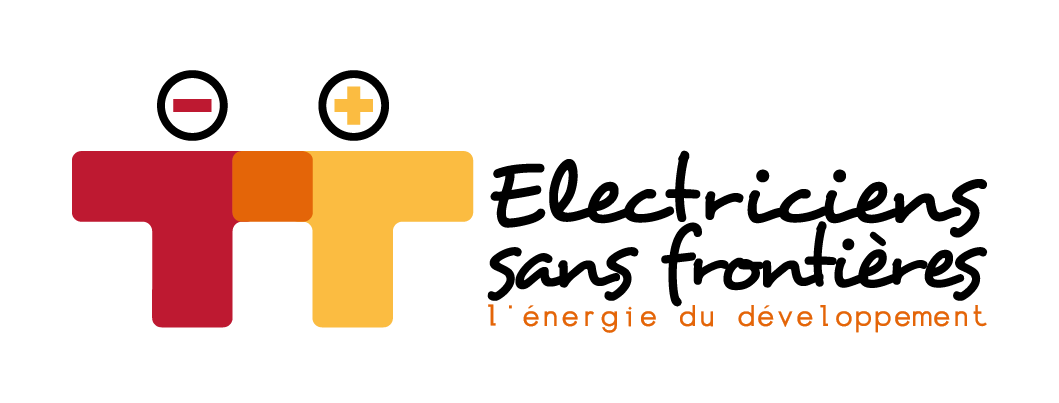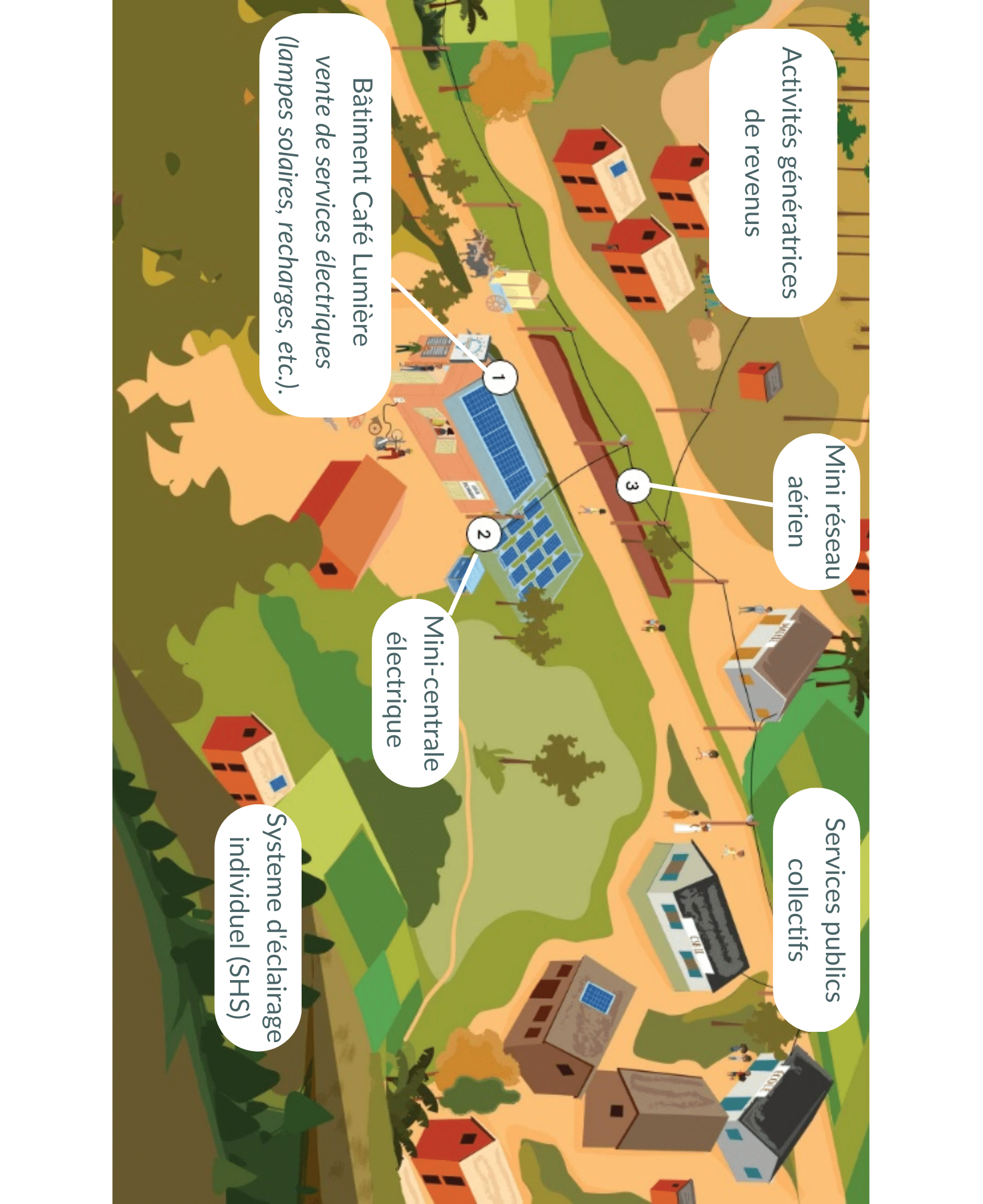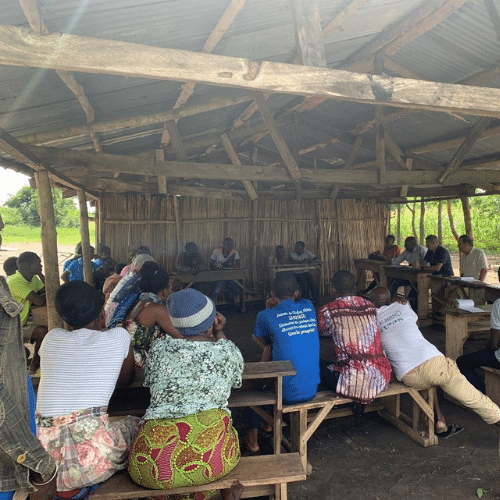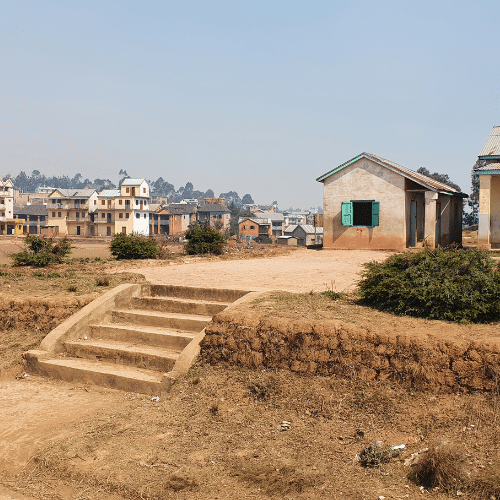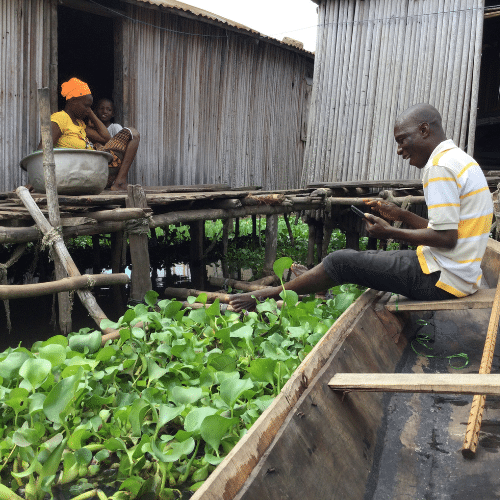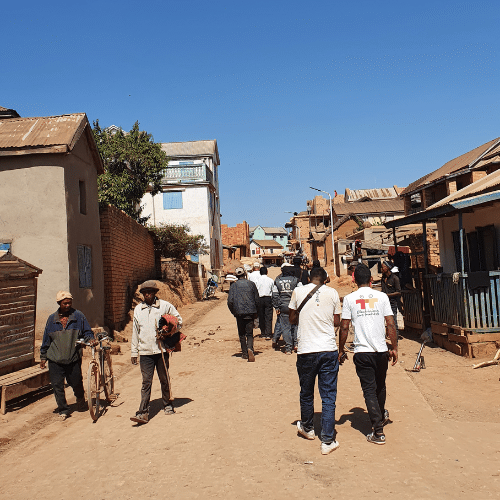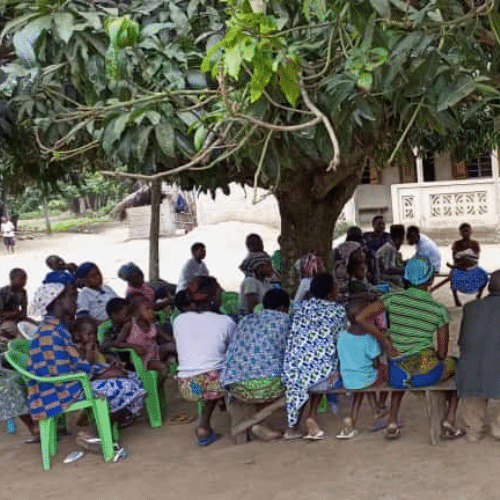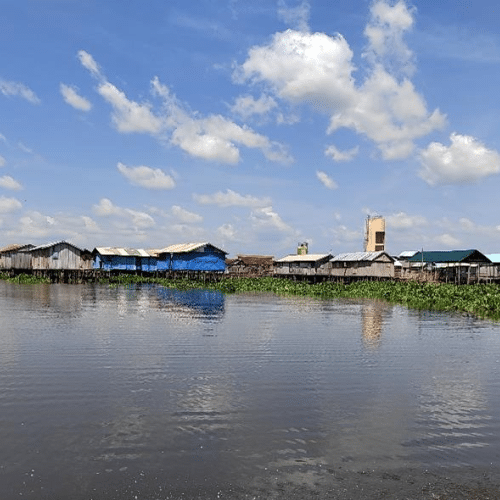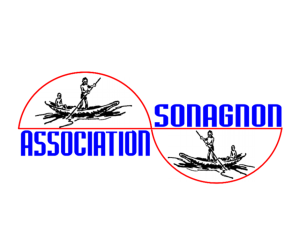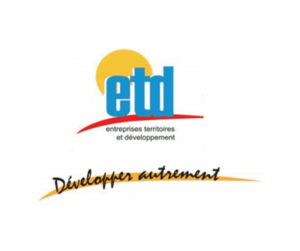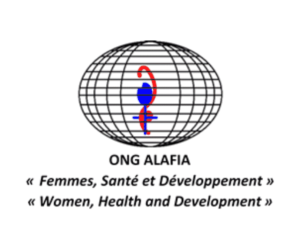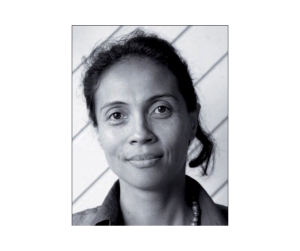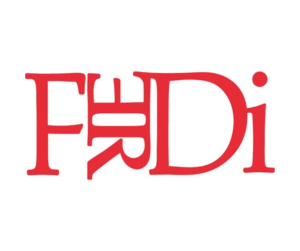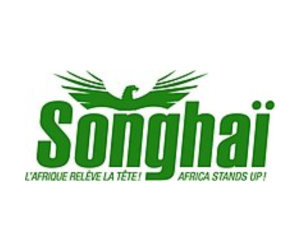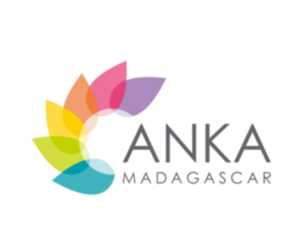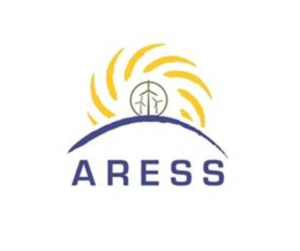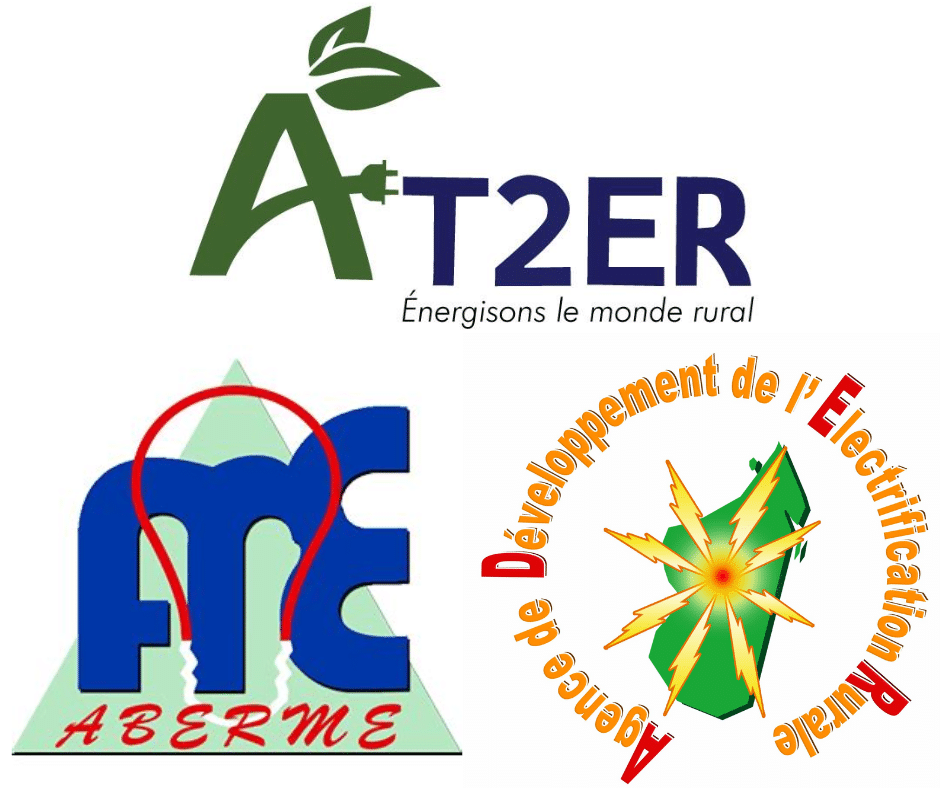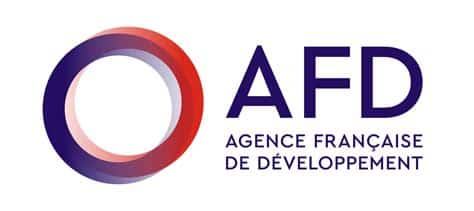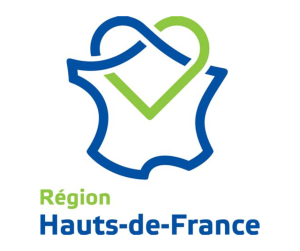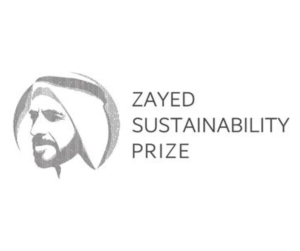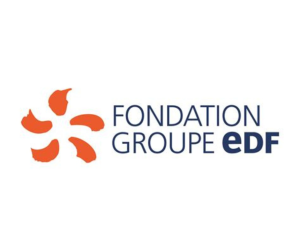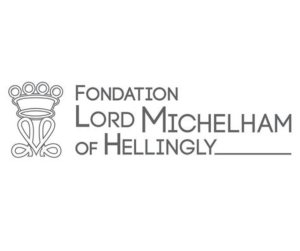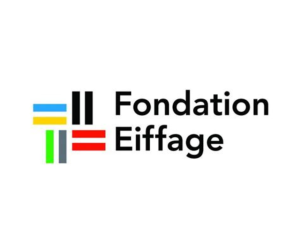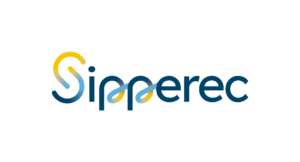Café Lumière is an innovative, sustainable solar solution specially designed for electrifying isolated rural areas, in response to the needs of collective, productive and individual services.
Fundamental principles of a Café Lumière
The fundamental principles of the Café Lumière solution are as follows:
- Guarantee access to an essential and sustainable electricity service for all members of a rural community, whatever their status, function or role in the community, and taking into account their financial means (for example by offering solar lamps or solar home systems to some).
- Improve the quality of community services (in particular those dedicated to health and education) by ensuring sustainable minimum access to electricity, financed by a contribution on sales of electricity and services paid by households and businesses.
- Contribute to the development of private productive activities (agri-food processing, crafts, cold production, water pumping, etc.), by providing sustainable access to affordable electricity and building the capacity of players (technical, improving or accessing new skills, organisation and management of work, resources, basic economic calculations, market/customer access, etc.).
- To help establish a political and regulatory framework that will enable local players to manage and maintain the Café Lumière facilities and service on a long-term basis.
The Café Lumière solution aims to offer a continuum of solutions to users (services, local connections for productive players and community services) and to build the capacity of local players, whether they be public services, private operators (delegated companies and productive players) or civil society organisations.
What is a Café Lumière?
The Café Lumière is an off-grid electrification solution for isolated rural areas.
In practical terms, a Café Lumière takes the form of a mini photovoltaic power station that converts solar energy into electrical energy. A technical room houses the control equipment, the converter and the storage batteries. A back-up generator completes the equipment, to ensure continuity of service.
A “Café Lumière” building provides electrical services for the general public: lamp and telephone recharging, multi-services, refrigeration and storage, etc.
A mini-grid supplies electricity to a group of buildings and provides street lighting.
This group of buildings, served by the mini-grid, includes community service buildings (health centres, schools, town halls, etc.), income-generating activities (rice husking workshops, craft activities, etc.) and the homes of households that have asked to be connected to the mini-grid.
Placed under the responsibility of the local authorities, the Café Lumière facility is managed by a delegate who ensures its financial equilibrium and therefore its sustainability.
What impact will this have?
The aim of this model is to contribute to extending access to sustainable energy for isolated populations and to encourage the development of the local economic fabric and community services.

The origin of the solution
“Throughout its history, Electriciens sans frontières has focused primarily on essential services: access to water and electricity for schools and health centres in isolated rural areas.
The Café Lumière concept marked a breakthrough. It took shape in 2013 in Madagascar, where a number of projects were the first steps towards answering the question: why not cover all the electricity needs of a village in a single approach? Why not combine community services, economic activities and domestic needs? Café Lumière was born.
Compared with the mini grid projects run by most private or institutional operators, Café Lumière also marks a break with the past: a range of services accessible to all, technical solutions and commercial arrangements enabling entrepreneurs to develop thanks to electricity, and a shared contribution to supplying schools, health centres and public lighting.
Today, the Cafés Lumière have a dual ambition: to create the conditions for sustainable economic development by improving the living conditions of disadvantaged communities through access to modern energy services at an affordable cost. So that the poorest people are not left by the wayside.”
Jean-Pierre Cerdan, Secretary General of Electriciens sans frontières
